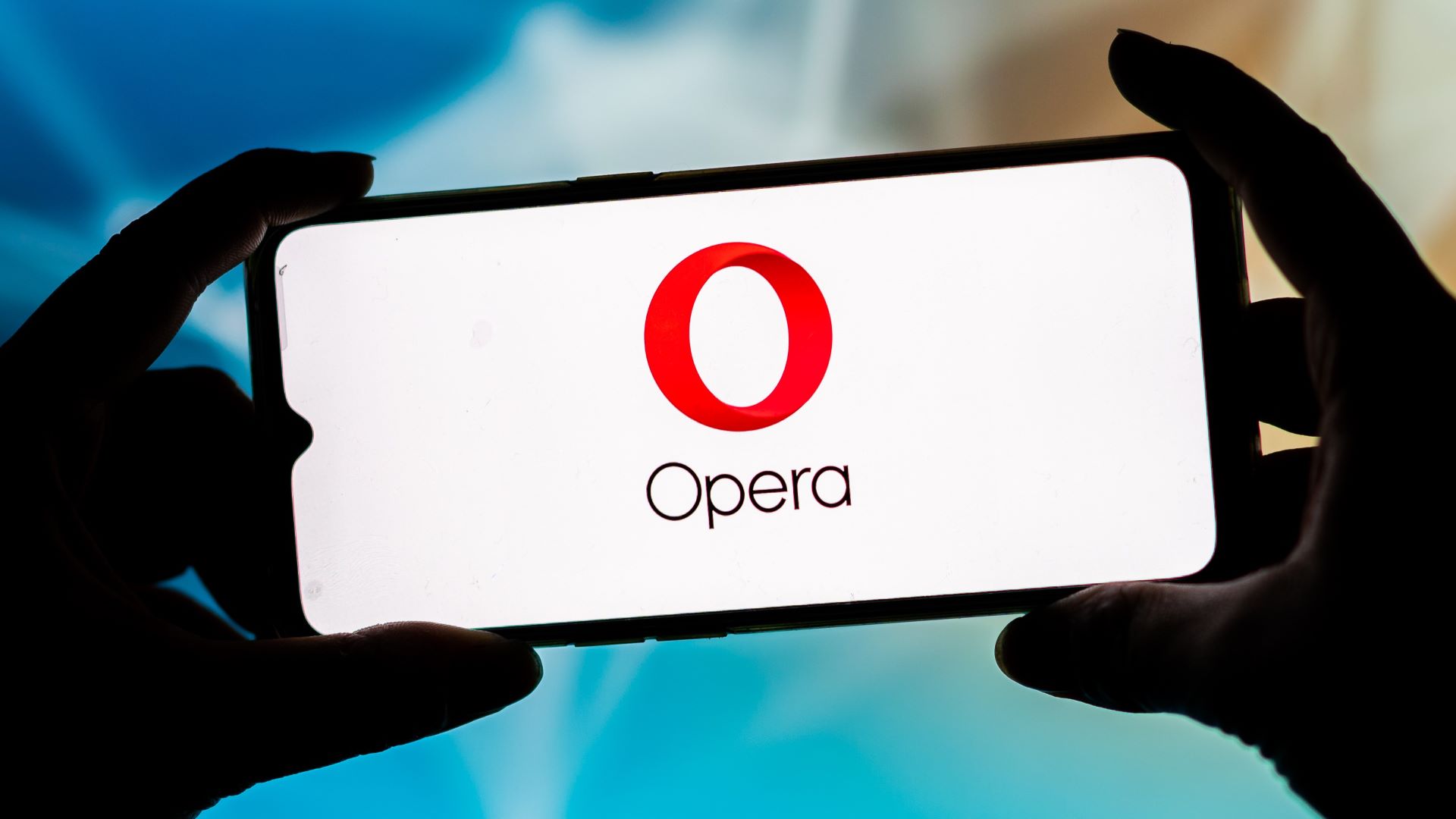Opera: new DMA rules a chance "to put pressure" on Apple to open up for all
Other developers have deemed Apple's changes in the EU a farce

Sign up for breaking news, reviews, opinion, top tech deals, and more.
You are now subscribed
Your newsletter sign-up was successful
It looks like Apple's enclosed ecosystem is slowly opening up—in the EU, at least. On January 25th, 2024, the Big Tech giant revealed changes to its App Store and business model given new requirements under the Digital Market Act (DMA) due to come into force in March.
Apple's announcement was met with controversies, though. Many commentators, including Meta's founder Mark Zuckerberg and music app behemoth Spotify, deemed it as a farce. According to VPN service provider Proton VPN, "Apple is trying to profit off the DMA." Echoing such concerns, web browser Mozilla sees this as "another example of Apple creating barriers to prevent true browser competition on iOS."
Developers at Opera are more optimistic about Apple's new iOS browser rules and decided to celebrate launching an AI-powered alternative to Safari. I talked with Jona Bolin, Product Manager at Opera browser for iOS, to understand what all of this means for users in and out of Europe.
An opportunity to get more control
"I think it's great that they are changing the regulations," Bolin told me. "For us, it's an opportunity to have high control."
He went on to explain that while distribution is a major factor for other developers, the fact that Opera browser is a free service means that it won't be affected as much by new fees and payment requirements.
"Even though, we would have to develop two different apps," Bolin told me, adding that the challenge will be encouraging users to migrate from one app to another instead.
That's because as Apple opens up to third-party web browser engines for the first time—until now only Safari's WebKit engine was allowed for iOS—the provider has only done so for EU apps. This ultimately means twice as much work for browsers' developers.
Sign up for breaking news, reviews, opinion, top tech deals, and more.
Despite this burden, Bolin expects Apple's changes to make it easier for the team to implement the same level of features across Opera's range of apps. "Out of the box, we would get high security and a better process from where we can build on top of," he added.
NEW BROWSER FOR iOS INCOMING!Our new AI-centric Opera One browser will be built on its own engine, celebrating the opening of iOS to alternative browser engines. pic.twitter.com/GQdohWmp5WJanuary 26, 2024
The Norwegian browser already announced plans to bring its AI-centric browser, Opera One, to iOS to give users a better AI-powered alternative to Safari. This is expected to be released in the next few months.
Outside the EU, both the UK and the US are voting on legislation that echoes the DMA's effort to ensure fair competition within the tech market and protect people's digital rights.
Bolin hopes that new DMA requirements in the EU could then be only the first step "to put pressure" on the big tech giant to open up its ecosystem for all.
He said: "I think more countries need to move forward and then maybe Apple will also change. We also believe that [the DMA] can be a good test run, so maybe Apple would realize that it's also working on their side. We hope that in the future they will bring it to other markets—we believe that it will happen, eventually."

Chiara is a multimedia journalist committed to covering stories to help promote the rights and denounce the abuses of the digital side of life – wherever cybersecurity, markets, and politics tangle up. She believes an open, uncensored, and private internet is a basic human need and wants to use her knowledge of VPNs to help readers take back control. She writes news, interviews, and analysis on data privacy, online censorship, digital rights, tech policies, and security software, with a special focus on VPNs, for TechRadar and TechRadar Pro. Got a story, tip-off, or something tech-interesting to say? Reach out to chiara.castro@futurenet.com